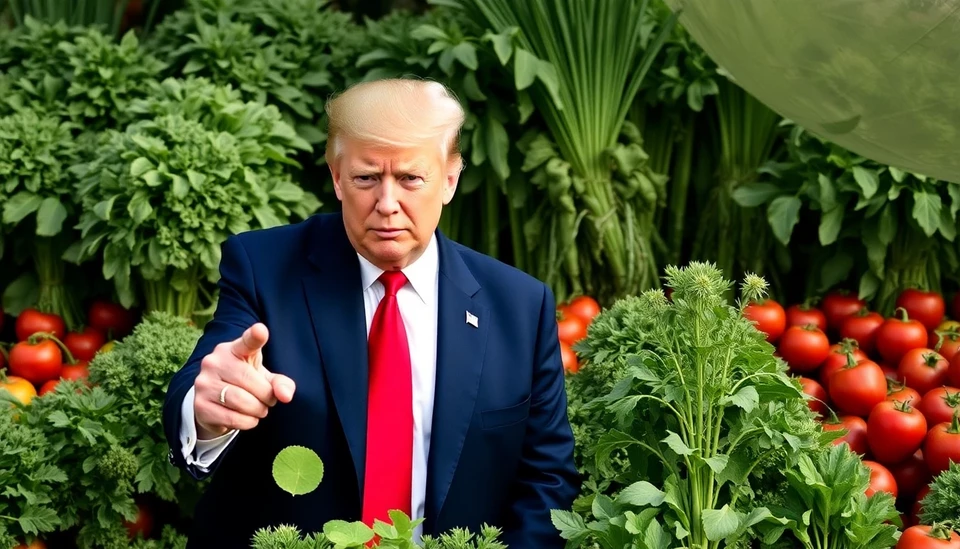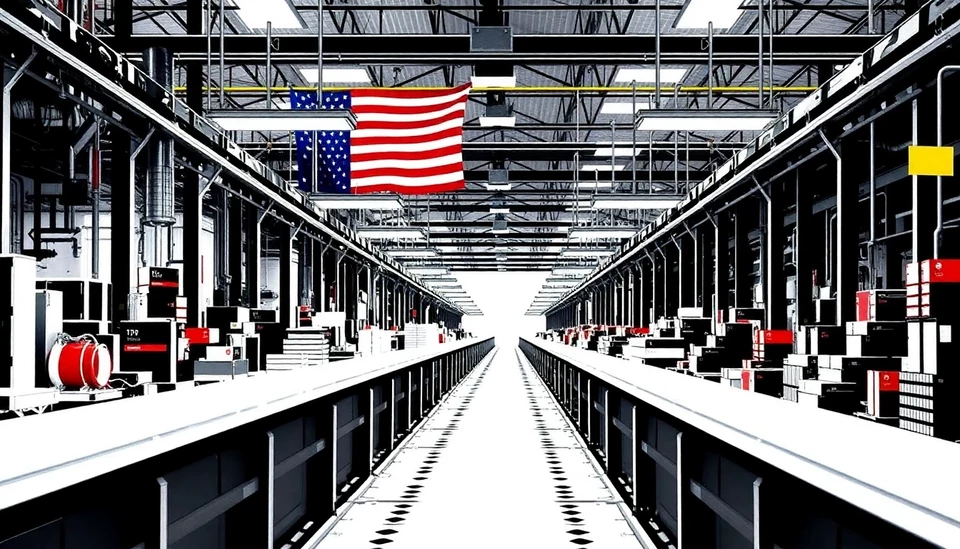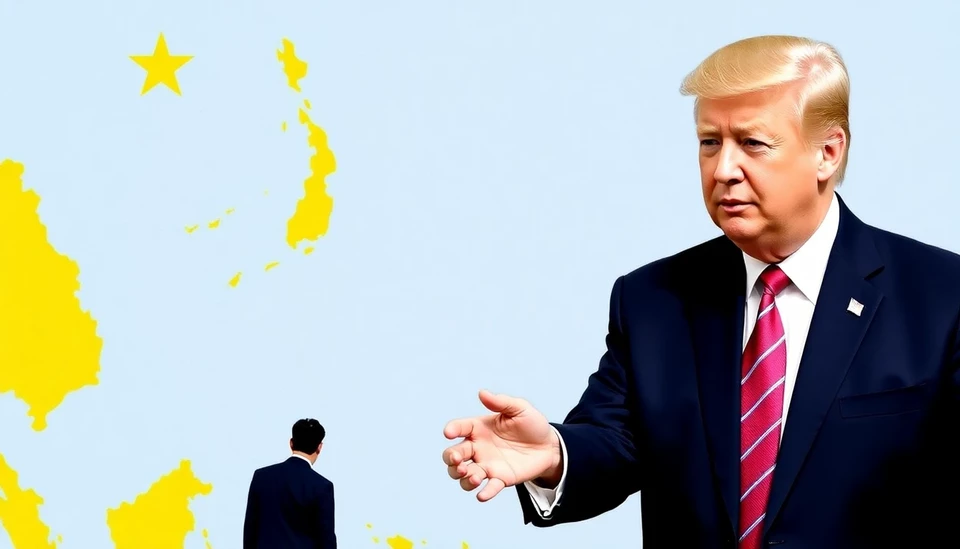
In a landscape marked by uncertainty, the prospect of former President Donald Trump returning to the political forefront adds an element of unpredictability to the global food and farming sectors. His previous term saw significant policy changes that reverberated beyond U.S. borders, impacting agricultural markets worldwide. Now, as we approach the 2024 elections, many stakeholders in the food industry are speculating on how Trump's potential resurgence could alter agricultural policies and trade relations.
The agricultural community is keeping a close watch on Trump's statements and the positions of his potential rivals, recognizing the influence these political shifts could have on U.S. farmers and global supply chains. Throughout his presidency, Trump implemented tariffs and renegotiated trade agreements, markedly affecting farmers' export opportunities. His approach to regulation has often favored deregulation, leading to concerns among environmental advocates about long-term sustainability practices.
Moreover, Trump's rhetoric has often stirred significant debate regarding immigration policies that are critical to agricultural labor. Many farms depend on immigrant labor to sustain their operations. Changes in immigration policy could further strain labor shortages already affecting the sector, directly influencing productivity and profitability for many farmers across the nation.
On the international front, Trump's previous administration was characterized by a hardline approach to trade negotiations that led to both challenges and opportunities. Countries that previously relied heavily on U.S. agricultural exports recalibrated their strategies during his term; potential shifts in policy could lead to renewed negotiations or changes in trade dynamics that might buffer or disrupt existing international trade agreements.
In addition to trade issues, the potential for changes in commodity prices remains a concern for farmers and traders alike. With Trump's influence over markets, fluctuations can occur rapidly, impacting everything from crop prices to feed costs. Farmers are particularly attuned to these changes, as they have direct consequences for their livelihoods and the stability of the farming industry.
As Trump continues to make headlines, the agricultural sector faces a dual challenge: preparing for potential shifts in policy while navigating the ongoing issues of climate change, supply chain logistics, and rising input costs. With the future uncertain, stakeholders from across the spectrum are urged to remain vigilant and adaptable to an evolving political and economic landscape.
In conclusion, the potential re-emergence of Donald Trump in the political arena poses significant implications for global food and farming systems. As elections approach, industry leaders must brace for changes that could reshape agricultural markets, labor dynamics, and international trade agreements, influencing economic outcomes across multiple sectors.
#Trump2024 #Agriculture #FoodSystems #GlobalTrade #Farmers #PoliticalImpact #FoodSecurity
Author: Daniel Foster




